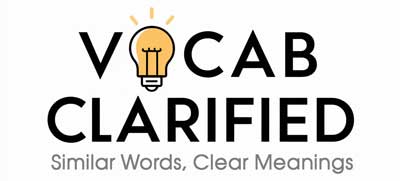Have you ever found yourself wondering whether to use “free reign” or “free rein”? These two phrases are often confused, leading to a common mistake in both spoken and written English. While they may sound similar, they have different meanings and origins.
This article will unravel the confusion between these two expressions, helping you choose the correct term in any context.
Understanding Free Reign And Free Rein
Free Reign: Definition and Usage
“Free reign” is a phrase often mistakenly used in place of “free rein.” The word “reign” refers to the period during which a sovereign rules.
Therefore, “free reign” would imply giving someone the liberty to rule or govern as they wish. However, this usage is incorrect.
For example:
- Incorrect Usage: The CEO gave the new manager free reign to implement changes.
- Explanation: While this phrase is commonly used, it does not accurately convey the intended meaning of unrestricted control.
Free Rein: Definition and Usage
On the other hand, “free rein” is the correct phrase and has its origins in horseback riding. The “rein” refers to the leather straps used to guide and control a horse.
When a rider gives the horse “free rein,” they are allowing the horse to move freely without tight control. This phrase metaphorically means giving someone the freedom to act or make decisions without interference.
For instance:
- Correct Usage: The CEO gave the new manager free rein to implement changes.
- Explanation: This phrase correctly conveys the idea of allowing someone to proceed without strict oversight.
Side-by-Side Comparison
To further clarify the differences and help you decide which to use, here’s a side-by-side comparison:
| Aspect | Free Reign | Free Rein |
| Definition | Incorrect phrase implying liberty to rule | Correct phrase meaning freedom to act or decide |
| Common Usage | “He had free reign over the project.” (Incorrect) | “She was given free rein to lead the initiative.” |
| Key Differences | Refers incorrectly to ruling or governing | Refers correctly to freedom of control |
When deciding between “free reign” and “free rein,” consider the context. If you mean to give someone the freedom to act without restrictions, “free rein” is the appropriate phrase.
“Free reign” is a common error that should be avoided in formal and informal writing alike.
Everyday Usage Examples
To better understand how these phrases fit into everyday language, here are some examples:
- Free Rein Example: The director gave the creative team free rein to develop the new campaign.
- Free Reign Example: (Incorrect) The principal allowed the teachers free reign over the new curriculum.
- Free Rein Example: As a parent, it’s important to occasionally give your children free rein to explore their interests.
- Free Reign Example: (Incorrect) The coach gave the players free reign during practice sessions.
- Free Rein Example: She was given free rein to organize the event as she saw fit.
- Free Reign Example: (Incorrect) He was granted free reign to make decisions for the department.
Conclusion
In summary, the correct phrase to use when granting someone unrestricted freedom is “free rein,” not “free reign.” The phrase “free rein” originates from horseback riding and accurately conveys the idea of allowing someone to operate without tight control.
By understanding the difference between these two terms, you can avoid common mistakes and ensure that your language is precise and correct.

